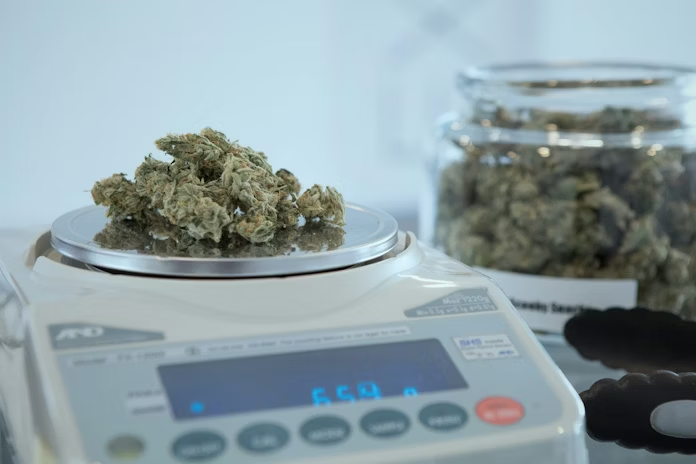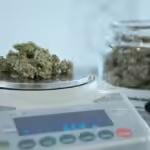Medical marijuana laws in florida
Learn about the latest updates and regulations on Florida’s medical marijuana laws and general marijuana laws. Get informed on the eligibility requirements, qualifying conditions, and the legal rights and restrictions for patients, caregivers, and dispensaries. Stay up-to-date with the current status and changes in Florida marijuana law to ensure compliance and safe usage.
Medical marijuana Florida
Medical marijuana has been legal in Florida since 2016 when the state passed the “Compassionate Medical Cannabis Act,” also known as Amendment 2. Since then, Florida has become one of the largest medical marijuana markets in the United States.
Under Florida’s medical marijuana laws, patients with qualifying medical conditions can receive a recommendation from a qualified physician to use medical marijuana. Qualifying conditions include cancer, epilepsy, glaucoma, HIV/AIDS, Crohn’s disease, Parkinson’s disease, and multiple sclerosis, among others.
In order to obtain a recommendation, patients must be evaluated by a qualified physician who is registered with the Florida Department of Health’s Office of Medical Marijuana Use (OMMU). The physician must determine that the patient’s medical condition qualifies for medical marijuana treatment and that the potential benefits of using medical marijuana outweigh the risks.
Once a patient has received a recommendation, they can apply for a medical marijuana card from the OMMU. With a medical marijuana card, patients can purchase medical marijuana from a licensed dispensary in Florida.
Is marijuana legal in florida
Under Florida law, medical marijuana must be produced and distributed by licensed Medical Marijuana Treatment Centers (MMTCs). These MMTCs are regulated by the Florida Department of Health and must meet strict safety and quality standards.
While Florida’s medical marijuana laws have been successful in expanding access to medical marijuana for patients with qualifying medical conditions, there have been some challenges with implementation. For example, some patients have reported difficulty finding a qualified physician who is willing to recommend medical marijuana, while others have experienced delays in receiving their medical marijuana cards.
Despite these challenges, Florida’s medical marijuana program continues to grow and evolve. In 2020, the state passed legislation that expanded the types of medical professionals who can recommend medical marijuana and increased the maximum amount of THC that can be included in medical marijuana products.
Overall, Florida’s medical marijuana laws have provided a much-needed option for patients with qualifying medical conditions who are seeking alternative treatments for their symptoms. As the program continues to develop, it will be important for the state to ensure that patients have access to high-quality medical marijuana products and that the program is well-regulated to protect public health and safety.








